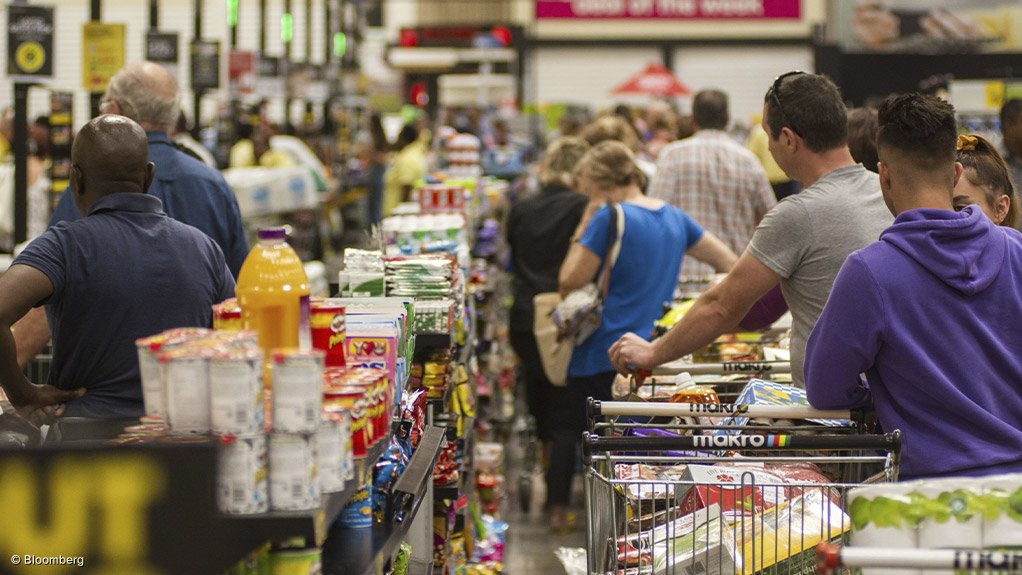Annual consumer price inflation eased for a second consecutive month, to 5.1% in December from 5.5% in November. December's inflation rate was the lowest since August last year.
The median expectation of a Bloomberg survey of economists was 5.2%.
The average consumer inflation last year is now calculated at 6%. That's lower than 6.9% in 2022.
December's inflation decrease was driven by a decrease in fuel prices, which lowered the cost of transport.
Prices for food and non-alcoholic beverages, household contents and services, and recreation and culture also fell in December.
Bread and cereal prices fell by 0.2% from November to December but remain 7.5% higher than a year ago.
Maize meal prices eased by 0.9% from November to December, with the average price of a bag of maize meal (2.5 kg) declining from R37.04 in November to R36.64 in December, Statistics SA reported.
But meat prices ticked higher - to 3.9% in December from 3.5% in November. As bird flu continues to ravage South Africa, the price of fresh chicken portions are now almost 15% higher than a year ago.
The milk, eggs and cheese price index increased by 14.5% in the 12 months to December, higher than November's rate of 13.9%. Egg prices were 38% more expensive in December 2023 than a year before, down slightly from 39.9% in November.
But even though the inflation rate eased, it's not where the SA Reserve Bank (SARB) wants it.
"Stubbornly elevated inflation expectations, anchored above the midpoint of SARB's 3% to 6% inflation target, will support a continued hawkish policy stance by the Monetary Policy Committee in the forthcoming months – but easing global price pressures combined with the underlying weakness in domestic demand will support the commencement of a shallow interest rate cutting cycle [in South Africa] towards the middle of 2024," debt manager Futuregrowth said in a note.
The Reserve Bank's monetary policy committee is meeting this week and will announce its decision on interest rates on Thursday. Most economists expect rates to remain unchanged.
Risks to the inflation outcome remain to the upside, with CPI inflation likely to rise to around 5.8% year-on-year in January despite another petrol price cut in the first month of the year, according to Investec.
EMAIL THIS ARTICLE SAVE THIS ARTICLE
To subscribe email subscriptions@creamermedia.co.za or click here
To advertise email advertising@creamermedia.co.za or click here











